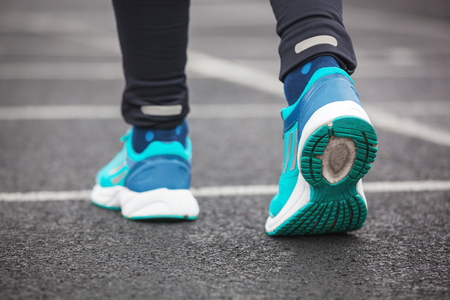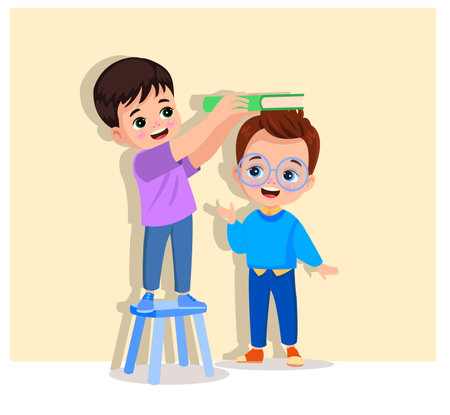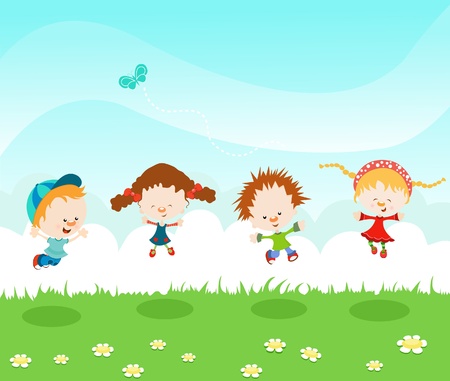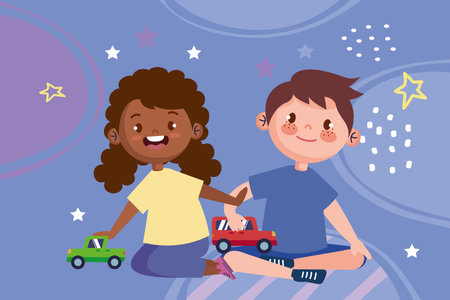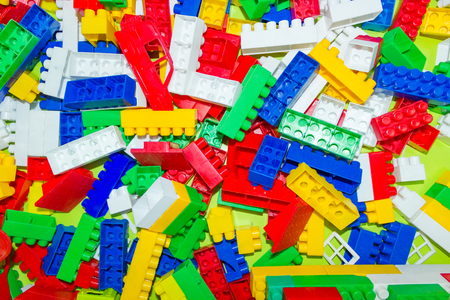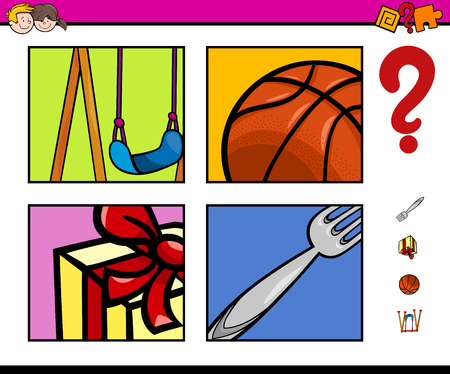Future Directions and Research in Cerebral Palsy Rehabilitation in the United Kingdom
Introduction to Current Rehabilitation Practices in the UKCerebral palsy (CP) remains one of the most prevalent childhood motor disabilities in the United Kingdom, necessitating a robust and multifaceted approach to rehabilitation. The current landscape of CP rehabilitation is shaped predominantly by the National Health Service (NHS), which provides a comprehensive framework designed to deliver equitable…
